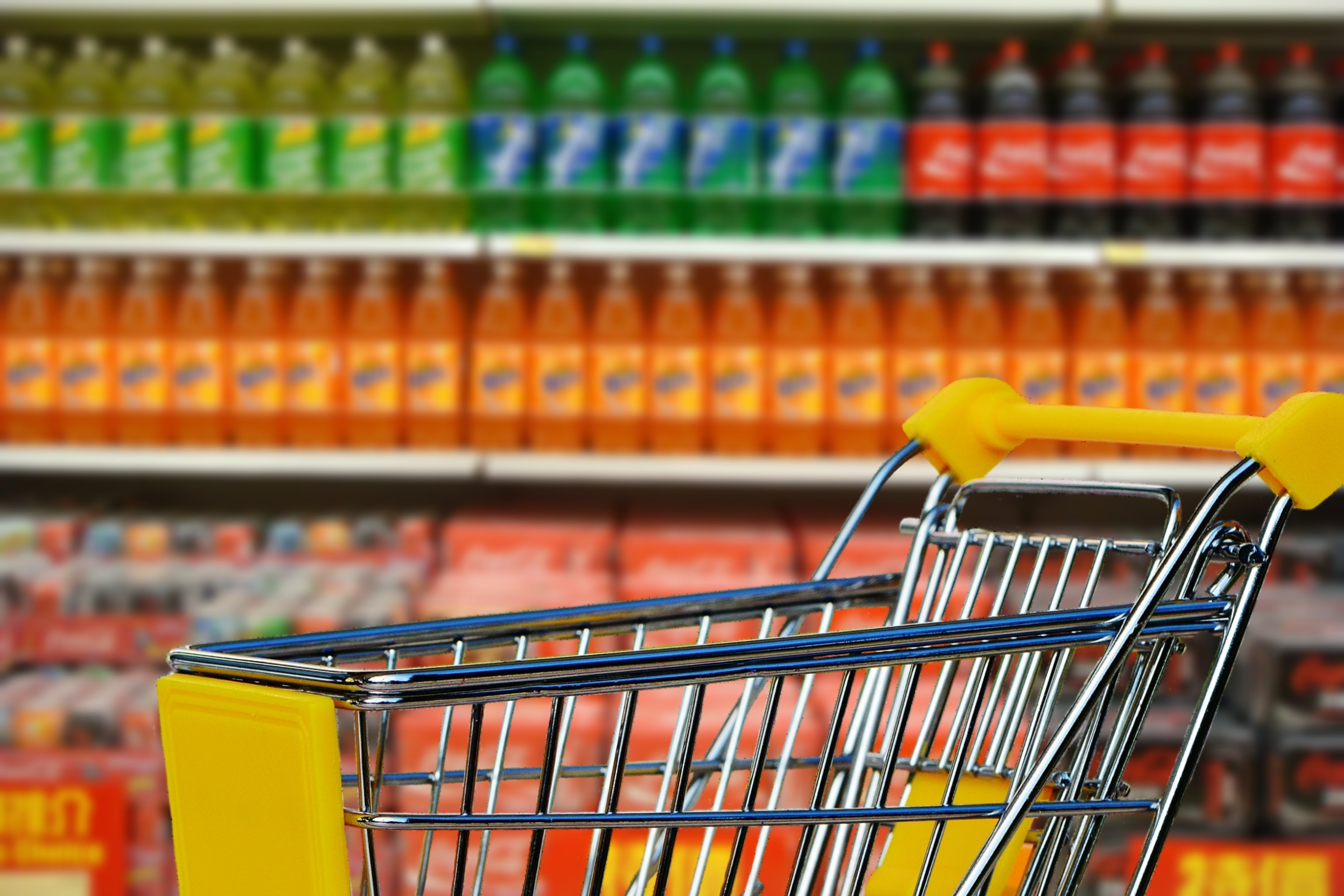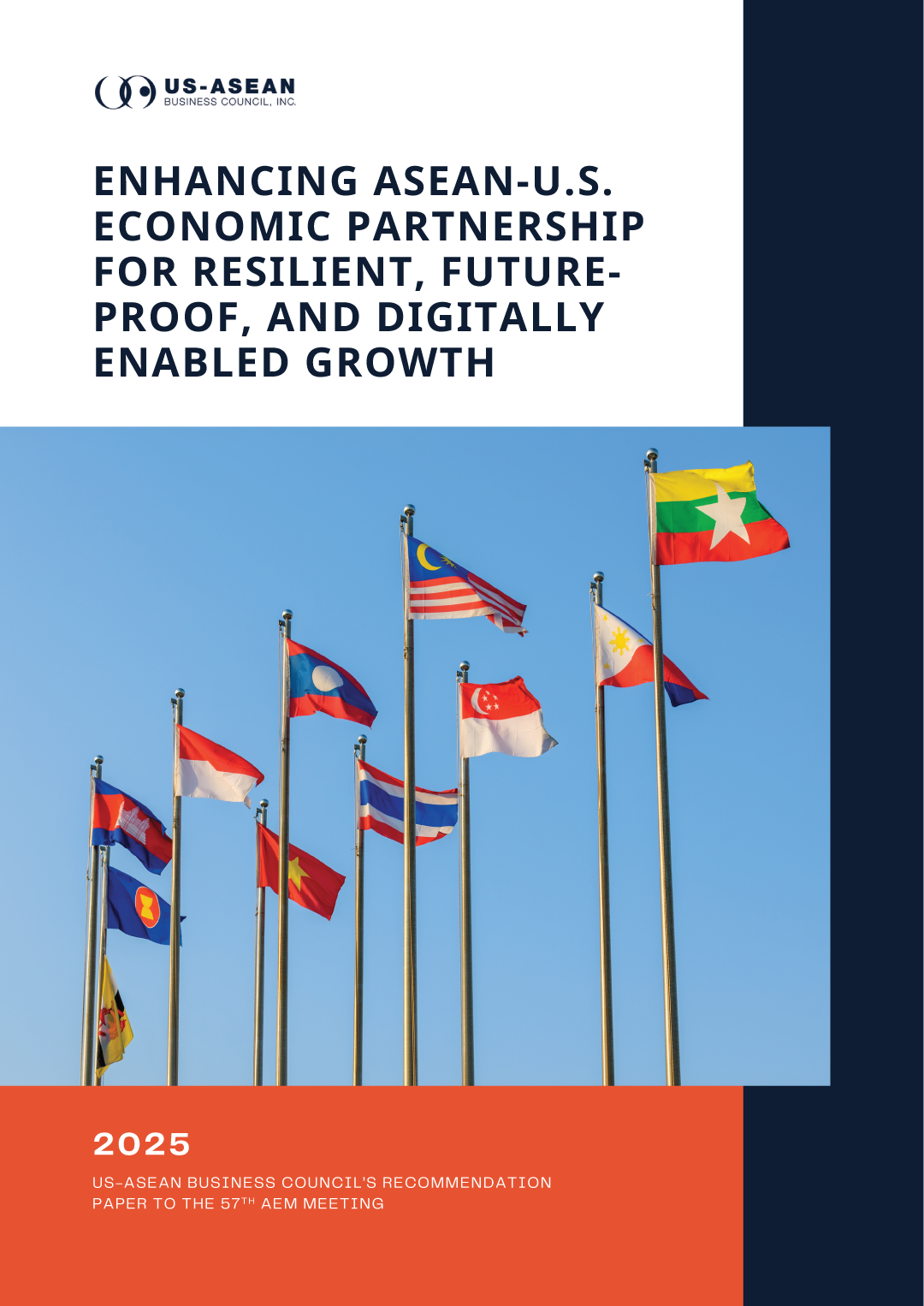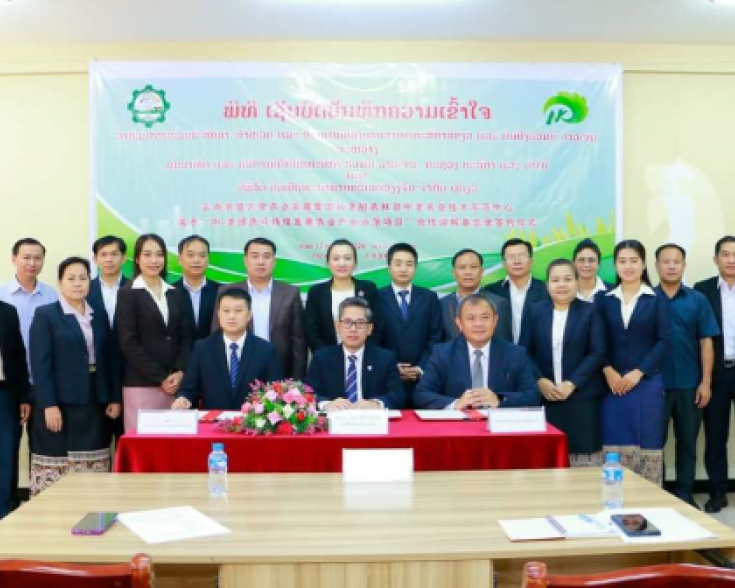Singapore’s Non-Fiscal Approach to Sugar-sweetened Beverages (SSBs)

The World Health Organization (WHO) recommends taxation on sweetened drinks as an important policy to reduce sugar consumption and prevent obesity among populations. The majority of countries globally have implemented taxes on sugar-sweetened beverages (SSBs). Similarly, nations in the ASEAN region have embraced the framework for developing and implementing fiscal measures on sweet beverages to promote public health. Thailand, Philippines, Malaysia, Vietnam, Indonesia, Cambodia, Brunei Darussalam, and Laos have all imposed taxation on SSBs. Meanwhile, Singapore stands out as one of the minority countries that do not tax sugar-sweetened beverages. Singapore’s Health minister argues against such taxation, stating that sugar is a commonly used product that should not be subject to taxation. Instead, Singapore has opted to promote healthier choices, through initiatives such as the Nutri-Grade labeling system for sugary drinks. This system grades beverages from A, the healthiest, to D, the least healthy, and has been effective since the end of 2023. The labeling system applies to freshly prepared drinks such as tea, coffee, and bubble tea. Initially, sellers and suppliers of freshly prepared drinks with revenues not exceeding $1 million and supplying to less than 10 food outlets are exempted from implementing these mandates. These measures aim to empower consumers with information, reduce advertising influence, and encourage more informed, healthier choices to the people, while also spurring industry reformulation.
In recent years, Singapore has shown increasing eco-conscious, with a shift away from high-sugar, high-fat foods, and a growing interest in plant-based alternatives. Research suggests that the pandemic has accelerated the adoption of healthier consumption habits in Singapore, complementing the nutria-grade labeling system. Several beverage companies in Southeast Asia have proposed postponing SSB taxes, citing the burden on the industry, particularly in light of the COVID-19 pandemic. Regional governments in other ASEAN nations grappling with challenges in imposing SSB taxes could consider following Singapore’s non-fiscal approach to reducing sugar intake, especially if Singapore’s regulatory measures continue to demonstrate success. Singapore’s approach ultimately emphasizes consumer awareness and industry reformulation over fiscal measures, providing a potential model for promoting healthier consumption patterns, not only across the region but also globally.








